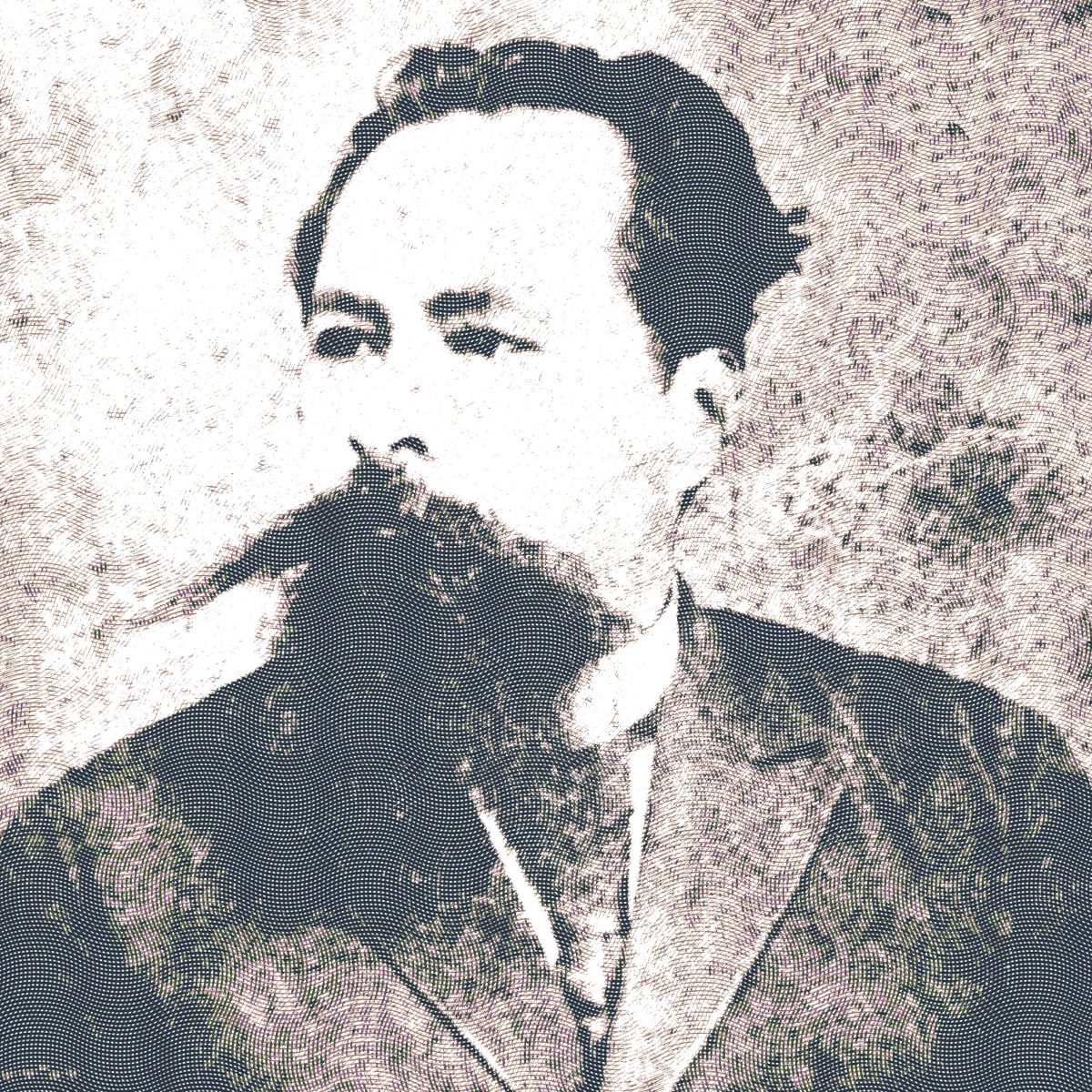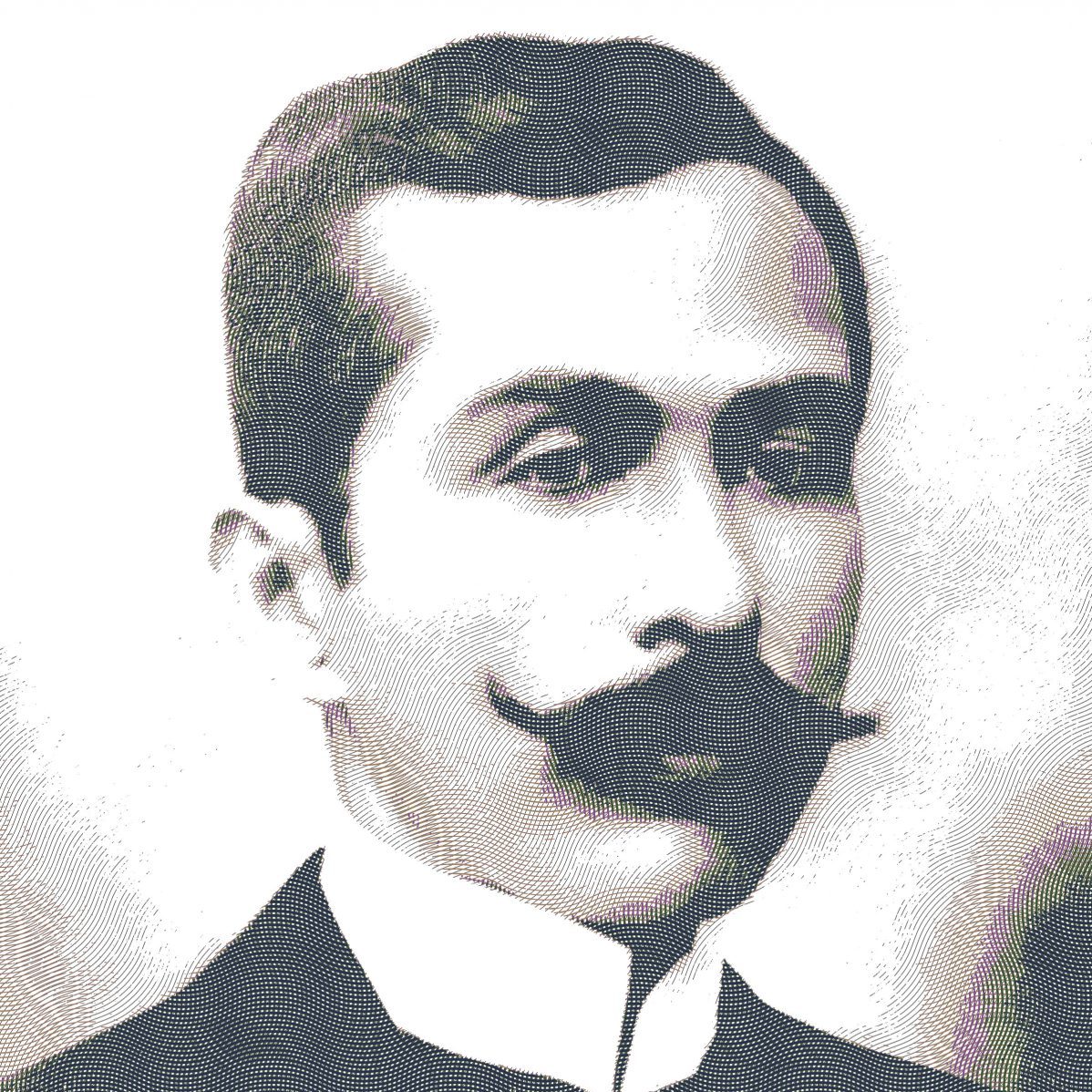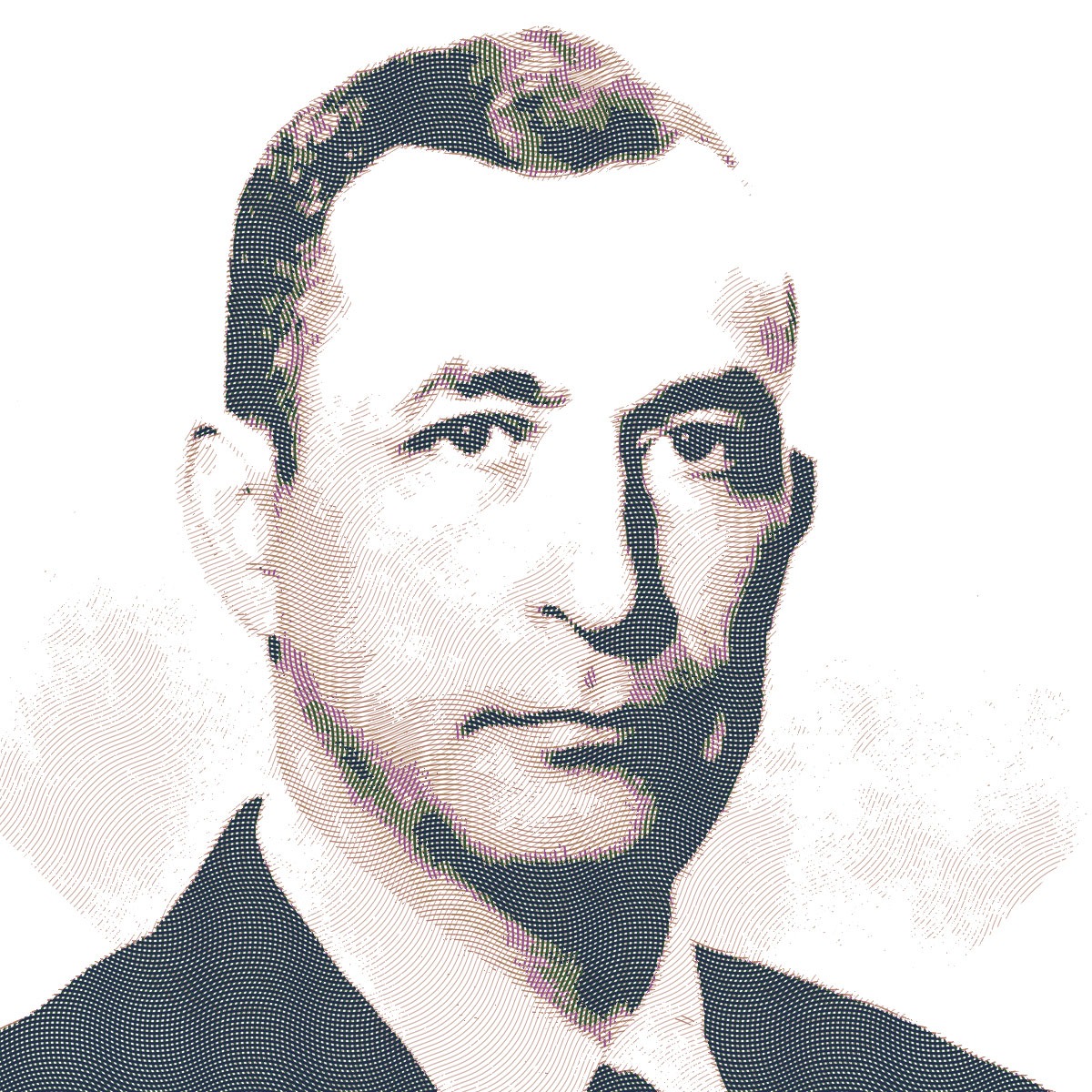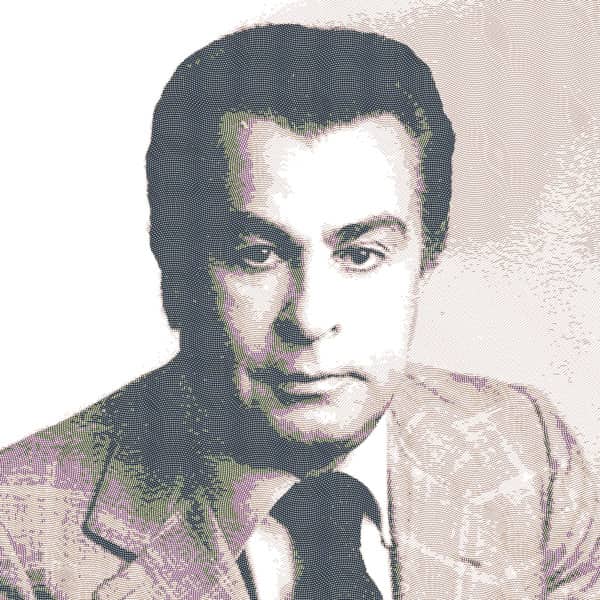Family
Our parents worked together with our grandfather in the creation and consolidation of dairy, fruit and livestock companies, but also in the foundation of real estate, banks and insurance companies. Nowadays, all the cousins work together in creating the future. We are learning to work and study the best family management practices in order to continue promoting our values, overcoming difficulties in the resilience of the diaspora and remain connected with the land.

Buenaventura Macabeo
Maldonado Vivas
(Ureña 1854 / Colombia 1901)
Buenaventura Macabeo Maldonado Vivas is an important character in the Tachirense history of Venezuela during the last decades of the 19th century. A political and military leader identified with the liberal party, who from a young age became involved in the struggles between the political parties for the government control of the Andean region of Venezuela; conflicts that were then settled mainly on the battlefield. He participated as the main figure in frequent regional revolts such as the Legalist Revolution of 1892 under the leadership of General Joaquín Crespo against the intentions of president Raimundo Andueza Palacio to stay in power in an illegitimate way. He was also a deputy on different occasions, co-founder of a regional party, a columnist in different publications and founder of a newspaper. In 1880 he traveled to Peru to fight in the Second Pacific War, Chile’s border conflict against Peru and Bolivia. General Maldonado had a close relationship with neighboring Colombia, where he lived numerous exiles and organized several military invasions. He died in Cúcuta during his last exile, in 1901.

Samuel Darío
Maldonado Vivas
(Ureña 1870 / Caracas 1925)
In little more than half a century of existence, Samuel Darío Maldonado, our great-grandfather, excelled in different professional fields: medicine, public health, sociology, anthropology, ethnology and literature. He held important government posts during the government of General Gómez: Minister of Public Instruction, Founding Director of the National Health Office, Governor of the Territory of Amazon, Governor of the Territory of Delta Amacuro and President of the State of Aragua. He was also a deputy and senator for Táchira, his home state. He was a man ahead of his time. His contributions to the modernization of the education system and the advanced health measures he implemented from his public service posts had a deep impact in the development of the fields.. He had a particular interest in the ancestral aboriginal populations of our country which he recorded in great detail. His vast written works are composed by poems, opinions, scientific essays, anthropological studies, his travels and novels.

Iván Darío
Maldonado Bello
(Caracas 1913 / EE.UU. 2007)
Son of Samuel Dario, was a remarkable figure in the development of livestock and corporate governance in the private sector during the Venezuelan twentieth century. In his teens he was sent to jail in the feared jails of the dictator Juan Vicente Gomez. He was imprisoned for his participation in the student protests in 1928. In 1939 he graduated with honors as a Doctor of Political Science at the Central University of Venezuela (Universidad Central de Venezuela). He was Director of Livestock of the Ministry of Agriculture and Governor of the State of Carabobo. He developed a successful career in the private sector in areas such as livestock, agro-industry, banking and insurance. His interest in the genetic improvement of livestock in Venezuela and his avocation for preservation, a field where he promoted valuable initiatives such as the creation and promotion of the El Frío Biological Station (Estación Biológica El Frío) and the implementation of the Caño Guaritico Wildlife Refuge (Refugio de Fauna Caño Guaritico), both in the State of Apure have been significant.

Ricardo Juan
Maldonado Bello
(Caracas 1915 – Miami 2012)
Physician, entrepreneur, diplomat, and lyric singer. After getting his degree from the Central University of Venezuela, he married Isabel Margarita Sanchez (“Margot”) on 23 October 1940. He conducted post-graduate studies in psychiatry at John Hopkins University in Baltimore (1941-1943). Afterward, he would practice at Bellevue Hospital in New York (1943-1949).
In 1949 he begins his singing training at La Scala in Milano. Simultaneously, he takes his first diplomatic position as Venezuelan consul in Milan (1950-1954), during which he mediated to get the architect Gio Ponti involved in the design of Mr. Armando Planchart’s house (now the Anala and Armando Planchart Foundation).
He stood out as an entrepreneur with his mediation for the company Giponzio Aluminium Design, which got the contract for the Hotel Humboldt’s windows.
By the end of the 1950s, he continues his singing studies at Carnegie Hall in New York, where he meets the director Rudolf Bing. Maldonado would later perform various recitals as a tenor, alongside him (1962-1967). From 1964 to 2010 he works as a cultural and scientific attaché at the Venezuelan embassies in Rome, London, and Paris.
